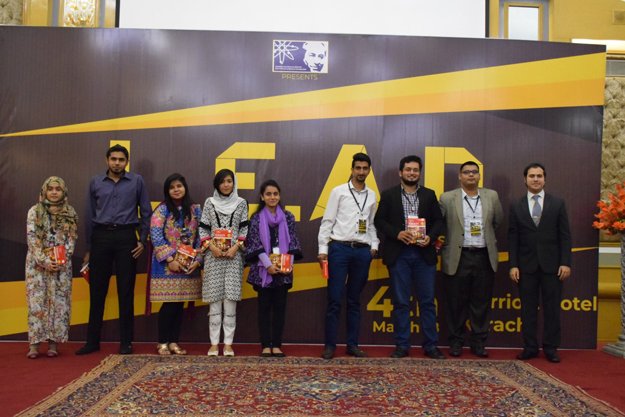
These thoughts were voiced in the concluding session of a two-day discussion-workshop with around 30 participants from Punjab as well as Azad Jammu and Kashmir, organised by Pakistan Institute for Peace Studies (PIPS), a think-tank.
The deliberations were aimed at exploring how interfaith harmony and freedom of faith can be achieved in Pakistan.
Senior lawyer Saroop Ejaz pointed to the multiple causes of discrimination against religious minorities. One cause is lack of implementation of constitutional provisions that accord non-Muslims certain rights. He advised civil society to follow up on the 2014 Justice Tassaduq Hussain Jillani judgment, which called for giving non-Muslims their rights.
Another cause, he hinted, emanates from the society. A lot of the times, people resort to mob violence against entire communities, taking law in their own hand. Finally, a decisive factor has been played by the state. The state, he said, has not played a neutral role in religious issues. This siding with one against the other has spawned all sorts of extremist tendencies that went unchecked. It was only recently that some course correction is in the offing in the wake of National Action Plan, he said.
PIPS’s senior project manager Muhammad Ismail Khan commented that the problem is as much with lack of implementing laws, as with legal lacuna. It is because of legal loopholes that non-Muslims are also exposed to all sorts of vulnerabilities.
Published in The Express Tribune, May 11th, 2018.


1723278472-0/BeFunky-collage-(4)1723278472-0-165x106.webp)














COMMENTS
Comments are moderated and generally will be posted if they are on-topic and not abusive.
For more information, please see our Comments FAQ